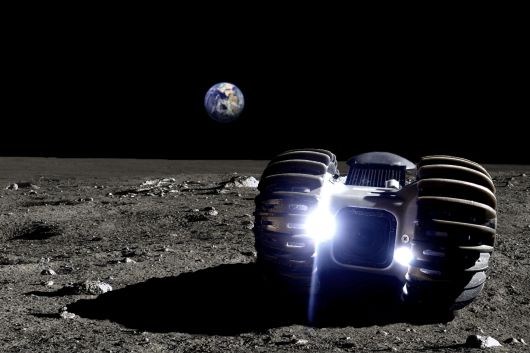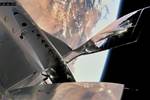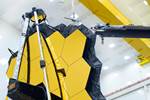Mitsubishi to supply CFRP components for Dymon lunar rover
Mitsubishi CFRP components and thermoplastic materials, as well as technical support will aid the Japan-based private company’s scheduled fall 2021 launch.

Dymon’s lunar rover “YAOKI”. Photo Credit: Mitsubishi Chemical Corp.
Mitsubishi Chemical Corp. (MCC; Chiyoda-ku, Tokyo; Japan) has entered into a partnership agreement with the robot and space development venture Dymon Co. Ltd. (Ota-ku, Tokyo), which MCC says is the first private company to explore the moon. Based on this agreement, MCC will provide carbon fiber-reinforced plastic (CFRP) components and thermoplastic materials as well as technical support. MCC’s CFRP components will be used in parts for the lunar rover, including the space field, which is scheduled to be launched in the fall of 2021.
Equipment used in the space field requires strength, rigidity and heat resistance that can withstand use in harsh environments such as under launch conditions and in space. In addition, weight reduction of components is a large issue required to reduce transportation cost to get to the lunar surface, which is said to total 100 million yen per kilogram. Until now, aluminum materials have mainly been used, but MCC believes that CFRP, which combines strength and lightness, is expected to be used more widely in the future.
MCC, which already has a proven track record of adopting CFRP components in the space field such as artificial satellites, will further accumulate experience in using CFRP components in space and on the moon through the alliance with Dymon to accelerate the development of products and applications such as components for a lunar base. By actively pursuing opportunities in the space business, which is expected to continue to grow in the future, MCC will aim to achieve the growth of its businesses.
Related Content
-
Sulapac introduces Sulapac Flow 1.7 to replace PLA, ABS and PP in FDM, FGF
Available as filament and granules for extrusion, new wood composite matches properties yet is compostable, eliminates microplastics and reduces carbon footprint.
-
The potential for thermoplastic composite nacelles
Collins Aerospace draws on global team, decades of experience to demonstrate large, curved AFP and welded structures for the next generation of aircraft.
-
Plant tour: Albany Engineered Composites, Rochester, N.H., U.S.
Efficient, high-quality, well-controlled composites manufacturing at volume is the mantra for this 3D weaving specialist.













